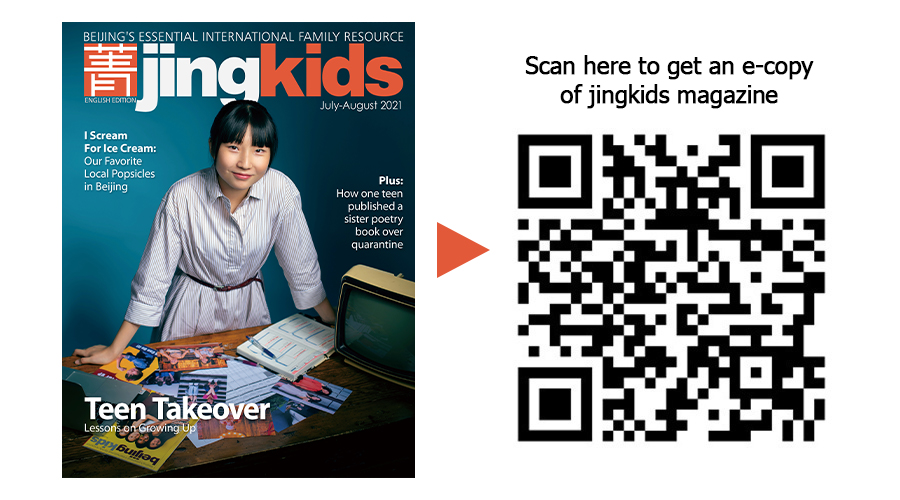As an internationalized student who’s moved to five different major cities across the world (Beijing, Paris, Rio, Shenzhen, Abu Dhabi, then back to Beijing), I know first-hand the tumultuous journey – both physical and emotional – that comes with jumping from place to place. I’ve experienced what it’s like to form cherished and adoring connections with teachers, classmates, and the local community, only to be told that I would have to leave them all behind. I have been frustrated, confused, and dejected. However, as the Chinese adage goes, “海内存知已, 天涯若比邻 (hǎi nèi cún zhī jǐ, tiān yá ruò bǐ lín) Long distance separates no bosom friends” and I believe there are plenty of ways to maintain long-distance friendships after packing up and saying goodbye. Here is a trusty list I follow to nurture these friendships, even from across the world:
Secure a communication tool
With changes in sim cards, local app restrictions, and communication platforms, you’d be surprised how often friends of mine have had their WeChat and other social media apps terminated or crashed after their fateful move. Luckily, there are a couple of universal apps that you can consider setting up. Instagram, Snapchat, WhatsApp, and Facebook are all great platforms that support global communication. Make sure to maintain a presence on these platforms, because I learned the hard way that lack of communication due to the absence of a common platform can be devastating to any long-distance relationship.
Communicate as much (or as little) as you need to feel connected
The preferred amount of communication differs from person to person, but it can be especially discouraging when all that’s left of your friendship are one-sided conversations. For some people, the right amount of communication can be texting or calling once a week, whilst others prefer calling every day, or even once a month. If both sides know beforehand that their preferred amount of communication is fairly contradictory, then they should work towards finding an equilibrium through trial and error or prioritization. I would say the most important thing is to not give up and be patient with your friends. Remind yourself that both your lives are changing and that you can work through it together.
Set prioritized times for each other
Maintaining a friendship is like nurturing a seed, you have to set aside time for them and nourish your friendship through habitual care and attention. When working to keep your friendships, regardless of whether you are separated by several seas or just a few blocks, remember to agree to a common time reserved just for the two of you. My friend Laura and I have found this method particularly helpful in our relationship (she moved to Germany last year). It also acts as an assurance that no matter how busy we get, there will always be a piece of the day that we preserve for each other. For example, I try calling her around 10pm, twice a week on Mondays and Fridays.
Be creative with bonding methods
Texting gets boring, and with the now seemingly endless possibilities of the internet, it’s important not to underestimate the power of these new alternatives. Snapchat Games, Clubhouse, Virtual UNO, Discord…even good old-fashioned video calling! Or hang on the phone while watching the same Netflix show, playing the same video game, baking the same recipe, or giving a shot at watercolor painting together…the possibilities are boundless! Let’s just say I know a thing or two about staying up till 2am, binge-playing random Bitmoji games on Snapchat.
Do activities in sync
One of the sadder truths we all come to realize is that what once were satisfying, absorbing, and regular discussions between you and your long-distance friend have thawed into awkward, repetitious, and monotonous conversations on the weather or their breakfast. To combat this, I’ve realized that you have to maintain common interests that don’t alter based on your location or school life. This could be watching the same show (just pick and choose from Netflix, really), keeping up with similar events (Euro Cup, Wimbledon, nuclear deals, the supply of shampanskoye to France halting after Putin’s claim that Champagne is in fact, Russian. You know, the usual), or maintaining extensive discourses about philosophical ideas. Whatever it is, I know this definitely helped me find interesting topics to discuss with my favored friends abroad (although at the cost of surrendering myself to anime).

This article appeared in the jingkids 2021 July-August issue




